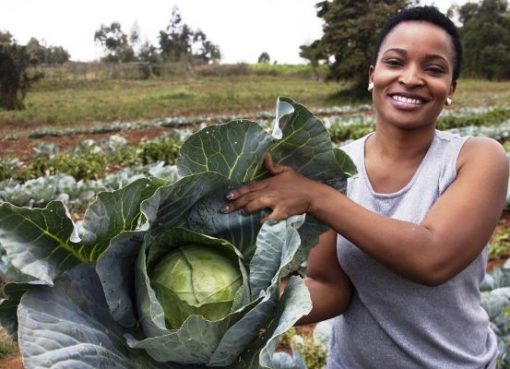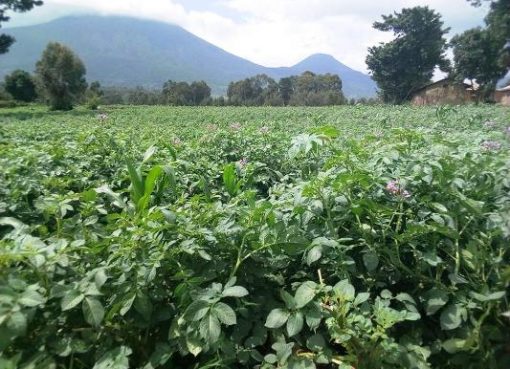Banks have been challenged to be innovative in addressing challenges facing farmers
Amidst a push for increasing access to agriculture financing by both government and donors, experts say those designing lending products for farmers should also help them build resilience with changes in weather.
Paul Kweheria, the Team leader NU- TEC Financial services, a project funded by the UK government to help transform the economy through climate-smart agribusiness market development says they did an enterprise survey in Northern Uganda where they are currently operating and found farmers to be badly affected by climate change-related events such as floods, increased temperature, delayed rains and excess rains.
In the survey, he says over 80 per cent of the farmers revealed accessing weather-related information through radio. In their survey, where they were also assessing the impact of their three-year project in which they gave technical assistance in terms of coming up with innovations in agriculture lending systems, training and marketing of products, Kweheria says 48 per cent of farmers faced floods at least once in the last two years.
Under this project, loans were extended to farmers after the UK government set up a Shs50billion risk-sharing fund to de-risk lending in agriculture.
To date, Kweheria says 161,500 farmers in Northern Uganda including 45,000 women have benefited through access to climate change information, access to markets, improved climate-resilient inputs and sources of financing and diversified livelihoods or income sources.
According to Anthony Kituuka, the Executive Director of Equity Bank which the project partnered with to extend this money, of the Shs32billion that was loaned to farmers directly, Shs12billion has been fully repaid.
Kituuka says because of the project, the bank’s agricultural lending market has tripled with new innovations such as agribusiness assemblies and symposiums introduced by NU-TEC through their marketing training.
He says this project can be replicated elsewhere in the country considering the fact that the agriculture sector employs over 70 per cent of the population. However, he notes, financing institutions are still sceptical to lend to agribusinesses with not just challenges related to climate but institutional challenges such as market linkages.
For him, for now, a blended financing approach in agriculture with both development partners, government and banks involved is the way to go.
However, as the first project comes to an end in March this year, Kweheria says another Shs63billion risk-sharing fund is being planned which will go for the next four years.
-URN





